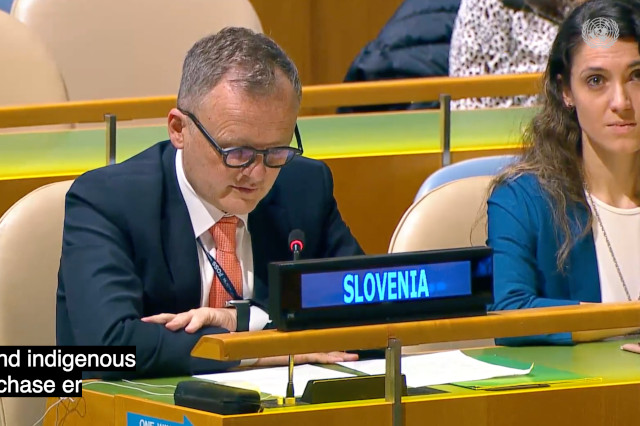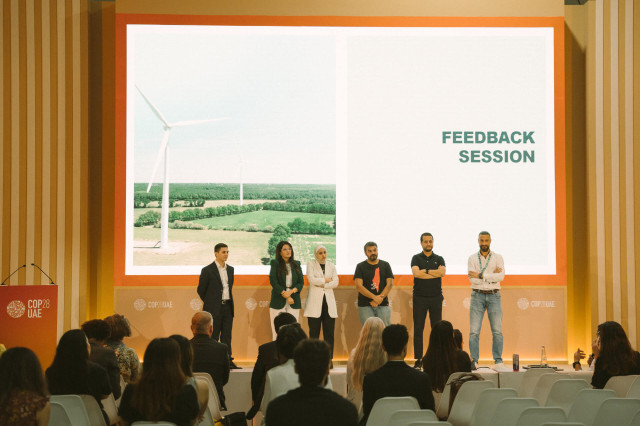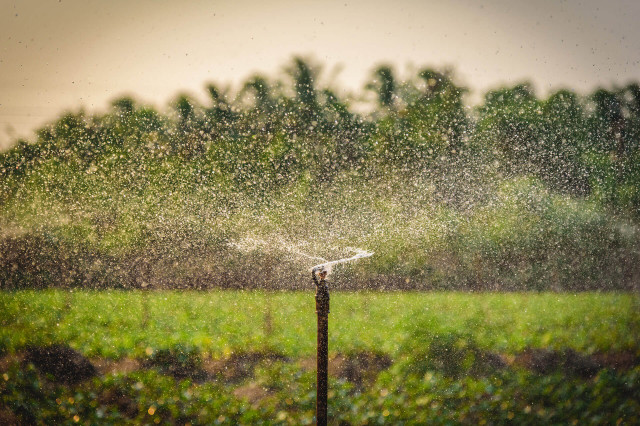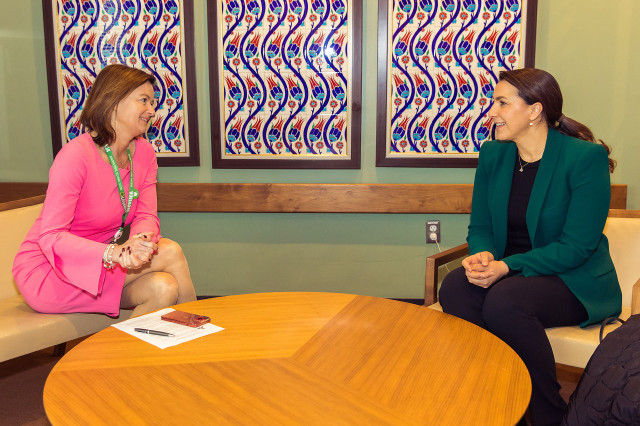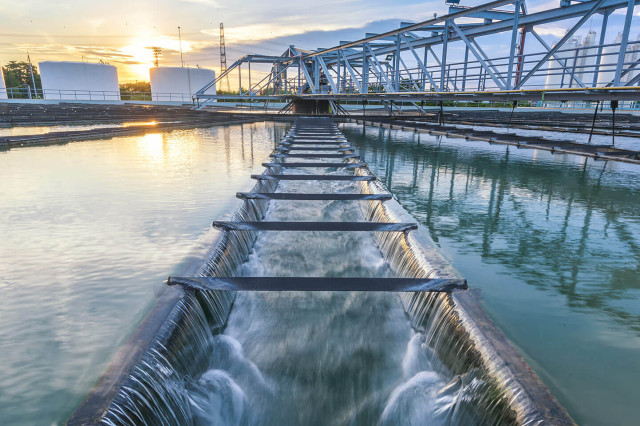Energy is the golden thread that connects economic growth, increased social equity and an environment that allows the world to thrive. On this day, we reaffirm our support for promoting and adopting clean energy solutions that are essential for combating climate change, improving air quality and protecting the natural beauty of our planet for generations to come.
We recognise the pressing need to address the energy challenges of our time – reducing reliance on fossil fuels, mitigating greenhouse gas emissions and ensuring energy access for all. It is a task that requires collective action and innovation, leveraging the strengths and experiences of nations and communities around the world.
The Green Group’s collective projects, including the Climate Adaptation Accelerator and the Knowledge Hub on Water Solutions, reflect our shared vision for a greener tomorrow. These initiatives allow us to collaborate on pioneering clean energy projects and disseminate crucial knowledge, driving forward the principles of sustainable development.
Cabo Verde as a Small States Island in Development, with insignificant greenhouse gas emissions, wants to be an example on the clean energy transition and show that it is fully committed to the climate change agreements and sustainable development. The country aims to reach 50% of renewable energy by 2030 and 100% by 2040, by starting with a pilot project of transforming one of the islands into 100% clean energy. Through the National Program for Energy Sustainability (PNSE) 2021-2026, it is making significative investment on renewables energy, including new solar plants, construction of microgrids and individual solar kits for needy and isolated communities, incentives for electric car use and improvement of energy efficiency.
Costa Rica continues to lead with its energy transition achievements; having succeeded on the first energy transition through the decarbonisation of electricity generation, it has now set itself on the path of the second energy transition, by implementing the National Decarbonization Plan, Costa Rica seeks to reduce CO2 emissions on the consumer side. Due to its diversified electricity matrix, the country has a distinctive advantage in energy transition, as it allows for electricity supply with practically zero emissions. However, challenges remain to decarbonise areas such as transportation and industry. On electric transport, Costa Rica closed 2023 with 12,302 electric vehicles (8963 cars, 1243 motorcycles, 2096 other), of which 6000 were new vehicles for that year. The industrial sector also started to reduce its CO2 emissions by replacing its bunker consumption with electricity. By the end of 2023, the Government published a Public Interest Degree for Green Hydrogen Production. This policy is more focused on the production of green hydrogen for internal use in the industrial and heavy transport sectors, as they are the main emitters of greenhouse gases in the country.
It is Iceland’s stance that climate change cannot be fully combatted unless all countries use renewable energy sources. Iceland is fortunate to have an abundance of renewable energy sources within the country and is in a unique position where 99.9% of its electricity is produced with renewable energy sources with low greenhouse gas emissions. Harnessing these resources was key to bringing Iceland from being the poorest country in Europe in 1950 to being one of the most prosperous. Iceland has been using geothermal and hydropower to produce electricity, and the government has begun to turn its attention to wind power. Iceland aims to become carbon neutral by 2040. That is why Iceland has in its development cooperation supported projects that focus on eliminating energy poverty by providing people in the developing countries access to renewable energy.
Slovenia, known for its rich biodiversity and landscapes with unparalleled beauty, is committed to green energy transition and achieving climate neutrality by 2050. While investing in energy efficiency measures, Slovenia strives to increase renewable electricity production, particularly from solar and wind power. Slovenia understands the need for a technologically neutral approach to energy transition and is therefore exploring the opportunities offered by nuclear energy. Acknowledging the importance of sustainable policy planning, the focus is currently on updating the National Energy and Climate Plan encompassing higher energy and climate ambitions.
Singapore is an alternative-energy-disadvantaged, low-lying, small island developing state. Singapore recognises climate change as an existential threat and has set a target to achieve net zero by 2050. Decarbonising Singapore’s power sector will be a top priority. First, Singapore will maximise the deployment of solar energy. Second, Singapore will work with its neighbours to develop an ASEAN Power Grid, and seek to import low-carbon electricity to meet 30% of its energy needs by 2035. Third, Singapore will study the potential use of emerging low-carbon alternatives, including hydrogen and advanced geothermal systems. Singapore’s decarbonisation efforts rely on international cooperation, and Singapore stands ready to work with all like-minded partners.
The United Arab Emirates, a country characterised by foresight and innovation as highlighted by its hosting of COP28 UAE, is embracing the challenge of transforming its traditional fossil fuel energy systems to become a leading hub for clean energy, particularly in solar power. It is making significant investments in state-of-the-art solar parks, deploying nuclear energy for peaceful purposes, and exploring new forms of renewable energy. Through the National Energy Strategy 2050, the UAE aims to increase the contribution of clean energy in the total energy mix to 50% by 2050 while reducing the carbon footprint of power generation by 70%, thus making a significant impact on national and global sustainability goals.
Energy powers our future. How we generate and use it must be managed with respect, responsibility and a sustainable vision. On this first International Day of Clean Energy, the members of the Green Group unite to celebrate the achievements in the Clean Energy transition pathway highlighting their national contributions to more affordable, reliable and sustainable modern energy systems that ultimately accelerate progress towards the 2030 Agenda for Sustainable Development.

